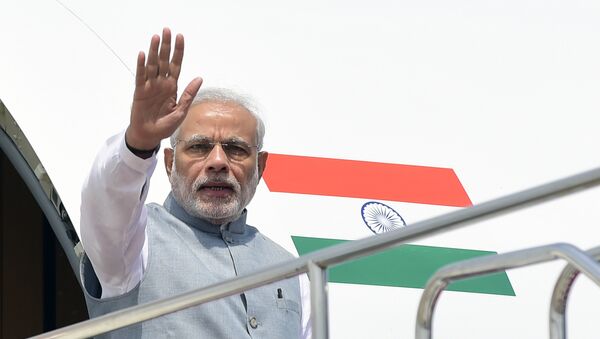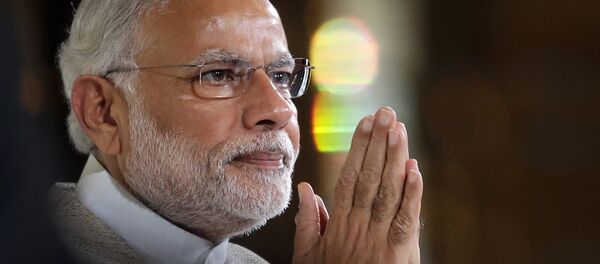Modi is set to arrive in Japan on November 11 to attend an annual summit with Shinzo Abe, his third with the Japanese PM, and will later call on the Japanese Emperor Akihito. The visit, an annual feature, is taking place at a time when China’s actions are causing suspicions in both countries.
The hallmark of the summit meet could be a civil nuclear deal, under discussion for nearly a decade. The two Asian countries have been unable to work out differences so far but the Japanese media reports are painting an optimistic picture this time.
A Japan Times report said, “Abe and Modi reached a basic agreement on concluding the pact when they met in New Delhi last December…Vice Foreign Minister Shinsuke Sugiyama visited India on Friday to put the finishing touches on the treaty.”
A civil nuclear deal with Japan will enable American and French nuclear power companies to start sourcing reactor vessels for their upcoming plants in India. These companies have been unable to source vital components from Japan for their proposed nuclear power plants in India.
Indo-Japanese relations can also register their first-ever breakthrough in defense ties if Modi and Abe finalize the terms for purchasing a dozen 12 Shinmaywa US-2 search and rescue aircraft. The two countries have already flagged strategic proximity by holding a naval exercise along with the US in the Philippine Sea and India has already written to Japan for more details about its Soryu-class submarines.
But the sticking point in the case of the Shinmaywa dual use planes is the extent of technology transfer. Talks have been ongoing since the tenure of former Indian Prime Minister Manmohan Singh. In contrast technology transfer has never been an issue in defense deals with Russia and that is why India is comfortable doing the majority of its military deals with Russia. Just last month, Modi and Russian President Vladimir Putin oversaw contracts for S-400 air defense systems, Kamov helicopters and stealth frigates.
In a press conference on October 28, Japan’s Deputy Chief Cabinet Secretary Koichi Hagiuda said, “We expect (PM Modi’s) visit to advance the special strategic global partnership befitting a new era for Japan-India (relations) and further deepen the bonds and co-operative relationship between our countries.”
The concerted effort by the two countries to forge closer security and strategic ties with the US as the binding factor is taking place at a time when both have differences with China on a host of issues. Beijing has opposed India's entry into the Nuclear Suppliers Group and blocked a India-backed UN resolution against a Pakistan-based Islamist accused of masterminding the Mumbai attacks in 2008. Chinese military actions centering on the disputed islands in the East China Sea continue to raise strategic suspicions in Japan.
Tokyo reportedly wants to elicit a stronger statement from New Delhi on maritime security in the South China Sea where it feels Chinese actions might imperil free movement of maritime commercial cargo.




